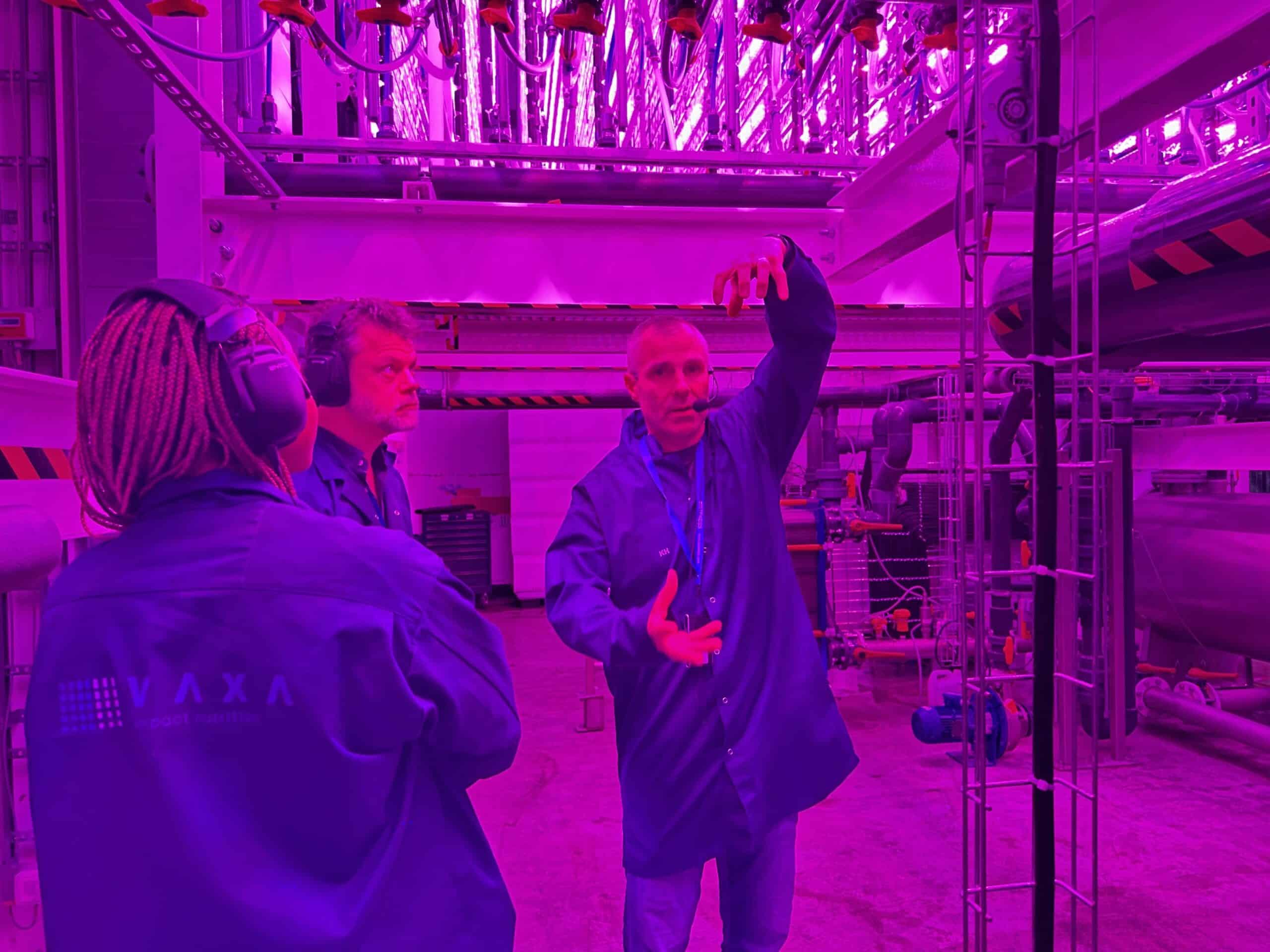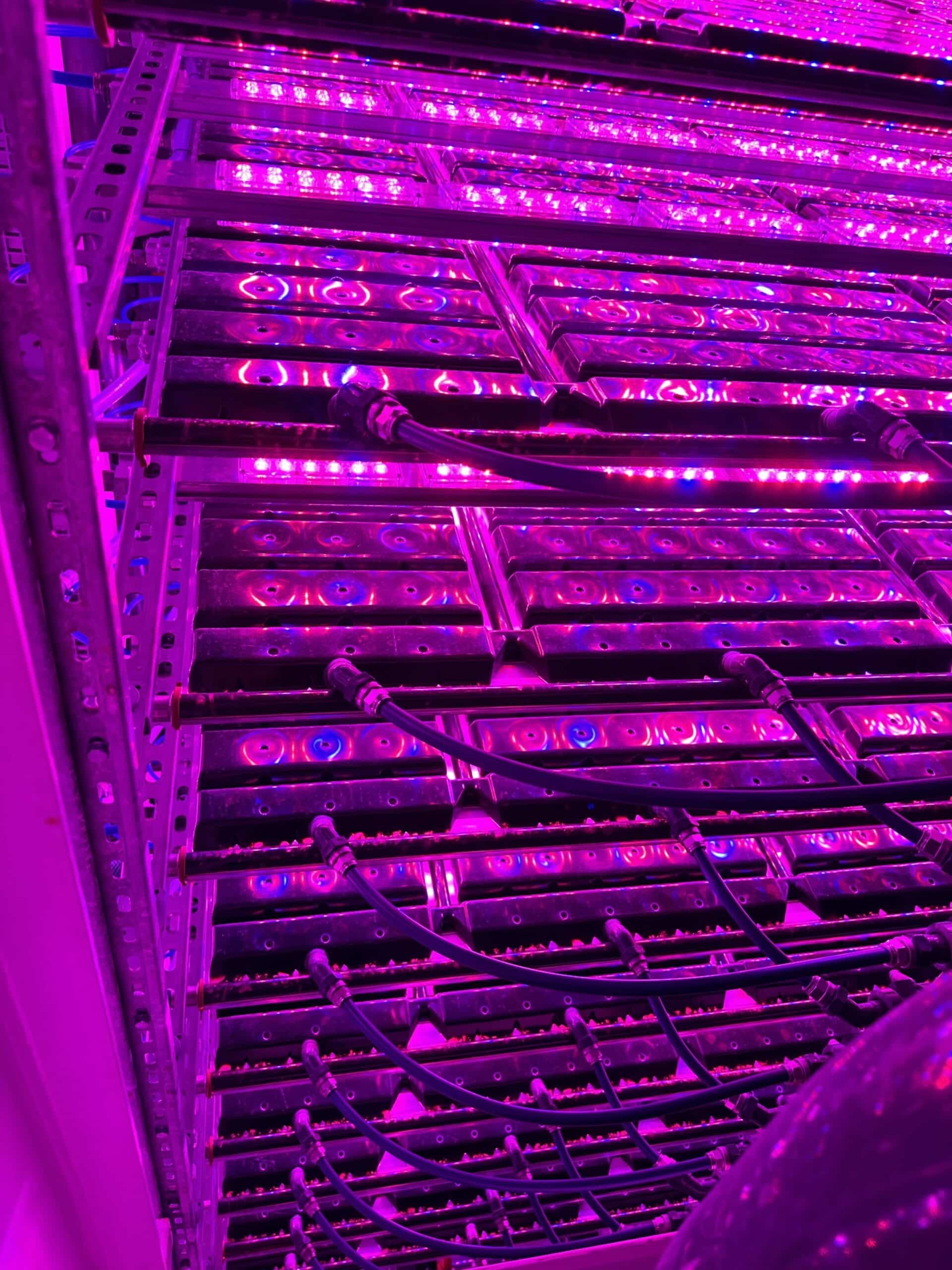
VAXA Technologies: The Protein Needs of the Future
When it comes to protein, most people instantly think of meat. But if you’ve stopped by the grocery store lately, you’ve probably noticed more plant-based alternatives hitting the shelves.
Raising animals to meet the demand for protein has a significant environmental impact. Scientists continue to discover options to make everything sustainable, leading to the use of algae as a substitute. In this article, we’ll talk about how VAXA Technologies is solving a pressing emission problem, while ensuring it meets the protein needs of the future.

Understanding Existing Protein Sources
The body uses protein in many ways. It’s the building block of muscles. It improves bone health and metabolism, lowers blood pressure and assists in healthy weight. People’s primary source of protein comes from the food they eat.
The challenge, however, is the depletion of resources. Currently, people get protein from meat and plants. Animal farms have long been mired with controversy because of the environmental impact involved in raising livestock. Raising cattle, sheep, goats and other ruminants account for 32% of methane emissions that trap heat in the atmosphere.
And yes, while agroforestry, regenerative farming and other sustainable farming practices could help mitigate the environment impact, it is an issue with which we must contend.
Experts push versatility in protein options to help offset the demand — and hopefully — reduce reliance on animals and, thus, pressure on the planet. The USDA suggests getting proteins from abundant plant sources, such as rice, lentils, beans, green vegetables, nuts, seeds and soy products. These are affordable, more available, easier to produce and environmentally friendly.
However, most plant-based proteins are nutritionally incomplete or deficient in essential amino acids compared to animal proteins that provide everything the body needs. For example, cereal proteins have inadequate tryptophan, lysine and threonine content, while legumes and other vegetables possess low amounts of sulfur-containing amino acids, such as cysteine and methionine.

A Smarter Protein
The further pursuit of sustainable options leads to the discovery of algae as a protein source better than plants. VAXA Technologies harnesses the power of machine learning and advanced aquaculture to grow these protein-rich organisms to meet the increasing protein demands.
Their farm, located in Iceland, has a geothermal plant, allowing the company to operate using renewable energy. It grows a specific type of algae (spirulina) indoors and in closed photobioreactors with pink LED lights to maximize photosynthesis. Here are the benefits of this cultivation technique:
1. It’s Carbon-Neutral
While traditional cultivation emits carbon dioxide as part of the process, VAXA Technologies optimizes a technology to trap this waste gas from the geothermal plant on-site and use it to cultivate microalgae under the best conditions. The biggest advantage of this green energy and technology tandem is it neutralizes the farm’s carbon footprint. The harvested product is carbon-neutral algae.
2. It Rivals Meat in Nutritional Profile
Algal protein makes up for the weaknesses of plant-based sources, with its nutritional content comparable to beef’s. Fresh and live microalgae are cultivated to the highest standards and conditions in a bio-secured facility without pesticides or antibiotics. The harvested product contains all essential amino acids, plus iron and vitamin B12.
3. It’s More Sustainable
Using the same land footprint, the VAXA Technologies’ farm can produce 250 times more algae than soybeans yield at 200 times more freshwater requirement. This farm’s cultivating process champions sustainability as it requires much fewer resources.
If you replace a kilogram of beef with algae protein, you could prevent 100 kilograms of greenhouse gas emissions. It’s also more readily available than plants, since algae is faster to produce. Every year, the farm harvests 120 metric tons of this algae which is then used by local businesses in foods and supplements. It’s an excellent, and guilt-free, protein alternative.
Meeting the Protein Needs of the Future
While society’s demand for protein is perpetual, the resources are limited. Animals and plants slowly deplete. VAXA Technologies has stepped forward with a carbon-neutral approach to help fix the protein supply and demand problem. This sustainable method helps take the pressure off the animal agriculture industry to produce. Man-made climate change continues to be a threat and people need solutions like this to help mitigate it.



Post a comment